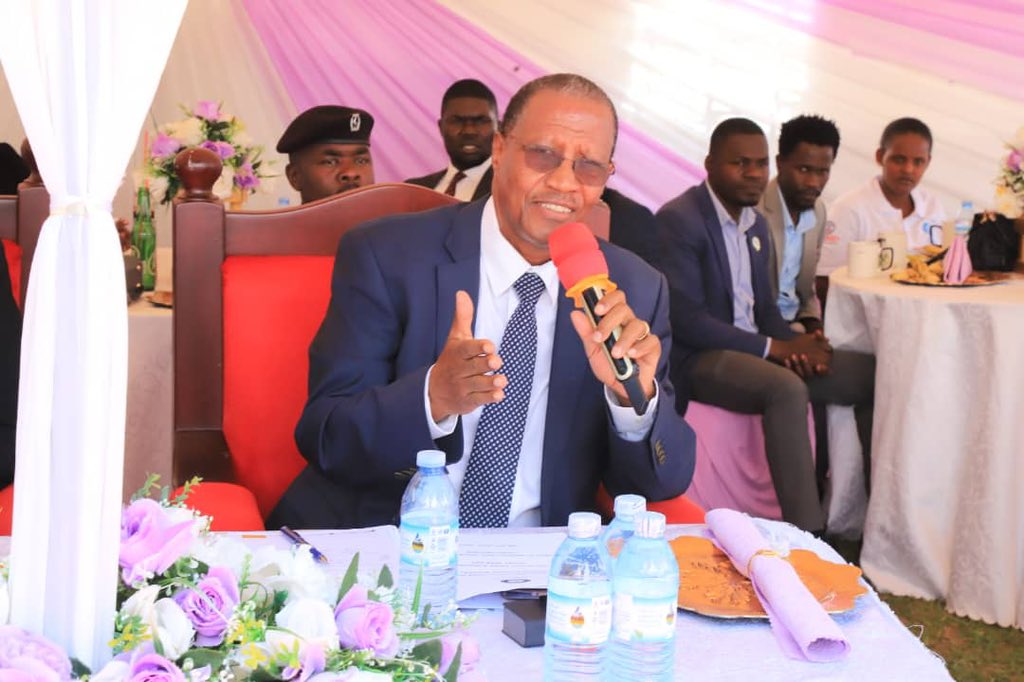Kerry Howard Mwesigwa.
Kampala, Uganda – The Deputy Chief Justice of Uganda, Richard Buteera, has warned the newly recruited chief magistrates against engaging in corruption and urged them to uphold the highest standards of integrity and professionalism in their work.
He made these remarks while presiding over the closing ceremony of nine-day induction training for 20 chief magistrates at Colline Hotel in Mukono. The training was organized by the Judicial Training Institute to equip the magistrates with the necessary skills and knowledge to perform their duties effectively.
Justice Buteera expressed concern about the reports of corruption within the judiciary, especially at the chief magistrate’s courts, which handle most of the cases in the country. He said that corruption undermines the rule of law, erodes public trust, and denies justice to the people.
He emphasized that the judiciary has a zero-tolerance policy for corruption and that there is no space for corrupt judicial officers in the institution. He called on the public to report any cases of corruption with evidence so that appropriate action can be taken.
He also advised the chief magistrates to supervise, mentor, coach, and guide the magistrates under their jurisdiction and to ensure that court records are properly processed and not left to clerical officers. He said that accused persons who are acquitted are entitled to their cash bail and that judicial officers should facilitate their recovery.
He further highlighted the importance of conducting judicial work mainly in open court, allowing the public to observe and critique their performance as they issue judgments. He said that judicial officers are being assessed by the lawyers, the litigants, and other members of the public who know their strengths and weaknesses.He urged them to be hardworking, honest, and responsive to the needs and interests of different stakeholders.
Justice Buteera also recommended strategies for clearing and controlling case backlogs, including embracing alternative dispute resolution methods such as plea bargaining. He said that plea bargaining is an innovation that is performing very well and that he appeals to them to sensitize the people and stakeholders about its advantages and gains in the criminal justice sector.
The training program awarded certificates to 20 chief magistrates who were recruited earlier in the year, bringing the total number of chief magistrates in the country to 91 from 78. Justice Damalie Lwanga, Executive Director of the Judicial Training Institute, acknowledged the importance of such training sessions and called on the magistrates to implement what they learned and uphold the judicial code of conduct.















